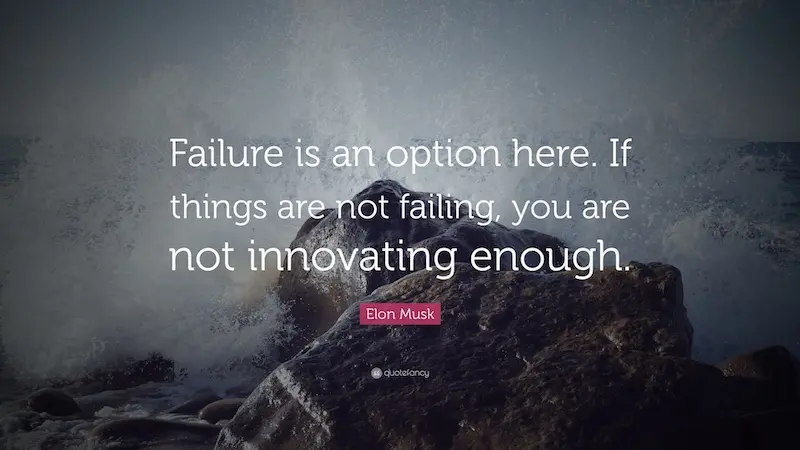The Lazada Data Science team has paper lunches together every Friday. Usually, we discuss about new papers we read, new ideas and implementations we tried, etc. This past Friday, we invited some special guests from Aviva to discuss about our journeys in cultivating a data-driven culture and building data science into the organization.
One of the guests, who is in charge of technology, mentioned something interesting.
Some can transition successfully from traditional actuarial statistics to customer-based data science—but most fail
Aviva is very strong in what most would consider traditional aspects of data science involving risk, actuarial statistics, etc (it’s over 300 years old, and is the second oldest institution in England after the Bank of England—of course it’s good!).
However, as it tries to build new capabilities around understanding the customer better and customer analytics, Aviva found that not many of its data scientists could transition successfully.
Why? What distinguishes those who transition successfully from those who do not?
Being always on the lookout for features that distinguish a top performer from the rest, this piqued my interest. What was it that those people who transitioned successfully had/did, I asked.
Her response? Openness to change.
Here’s how she explained it:
- Many traditional actuarial scientists have spent years making numerous tweaks and optimising their models to run perfectly (or as close to perfect as possible). Unsurprisingly, there were concerns that adding a different customer perspective (and features) to these models would reduce overall performance. Nonetheless, there were a few who were willing to try new ideas and techniques, and experiment. While they may not have gotten it right the first time, they were given the leeway to learn, experiment, and fail—most eventually succeeded.
Ah-ha! While the personality characteristic of being open to change helped these data scientists transition, there was also the right environment and culture in place, I opined.
What can the organization and team do to ensure success?
Getting the right culture in place is simple, though not easy:
- If the organization’s response to the first failure had been chastisement and punishment, the rest of the team would take the lead and stick to “safe” bets. Innovation would stagnate. However, if the response was that of encouragement, and viewing it not as a failure, but as learning something new, the culture is shaped accordingly. It becomes a culture that encourages experimentation and innovation, and tolerates failure.
So, how to help a data science team innovate successfully?
In data science—and more generally, technology—innovation is essential in order to create greater impact and add greater value.
Data science has a science component to it—and science involves experimentation and R&D. Thus, data science teams must be given leeway to experiment and fail, or no groundbreaking innovations can occur.
Elon Musk said it best:

Elon Musk on Failure and Innovation
I also can’t resist this quote from Einsteihttps://eugeneyan.com/assets/innovation-einstein.webpovation-einstein.webp" title="Einstein on Mistakes and Invention" loading="lazy" alt="Einstein on Mistakes and Invention">
Einstein on Mistakes and Invention
If you found this useful, please cite this write-up as:
Yan, Ziyou. (Feb 2017). One way to help a data science team innovate successfully. eugeneyan.com. https://eugeneyan.com/writing/one-way-to-help-a-data-science-team-succeed/.
or
@article{yan2017innovate, title = {One way to help a data science team innovate successfully}, author = {Yan, Ziyou}, journal = {eugeneyan.com}, year = {2017}, month = {Feb}, url = {https://eugeneyan.com/writing/one-way-to-help-a-data-science-team-succeed/}}
